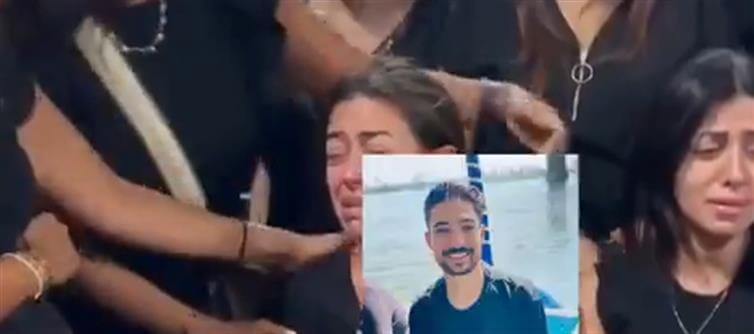
The disturbing silence from many quarters, including religious and political leaders, only compounds the tragedy. When heinous crimes of this nature occur, a collective moral response is essential—not just from Christian communities, but also from Muslims, government institutions, and civil society at large. Silence or apathy in the face of such brutality risks normalizing violence and reinforces the impunity with which extremists operate. The absence of Muslim voices condemning this crime publicly—whether out of fear, indifference, or political caution—further deepens the divide and sends a dangerous message: that the suffering of minorities can be ignored without consequence.
It is crucial to recognize that atrocities against minorities in Muslim-majority countries are not merely religious conflicts; they are often the product of systemic failures—of governance, rule of law, education, and interfaith dialogue. These acts of hatred and violence must be unequivocally condemned by all, regardless of faith. True justice and social cohesion depend on a unified front against extremism, and that includes Muslim voices speaking out strongly and publicly against the persecution of Christians, Jews, Yazidis, and other vulnerable groups. Without accountability and solidarity, these crimes will continue, and the wounds they inflict will only deepen the chasm between communities that should be living together in peace and dignity.




 click and follow Indiaherald WhatsApp channel
click and follow Indiaherald WhatsApp channel